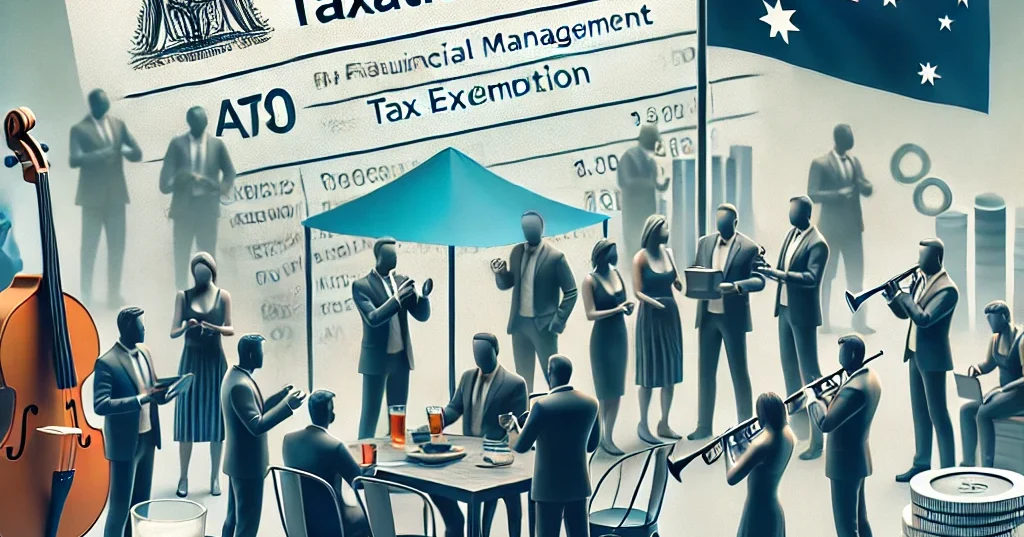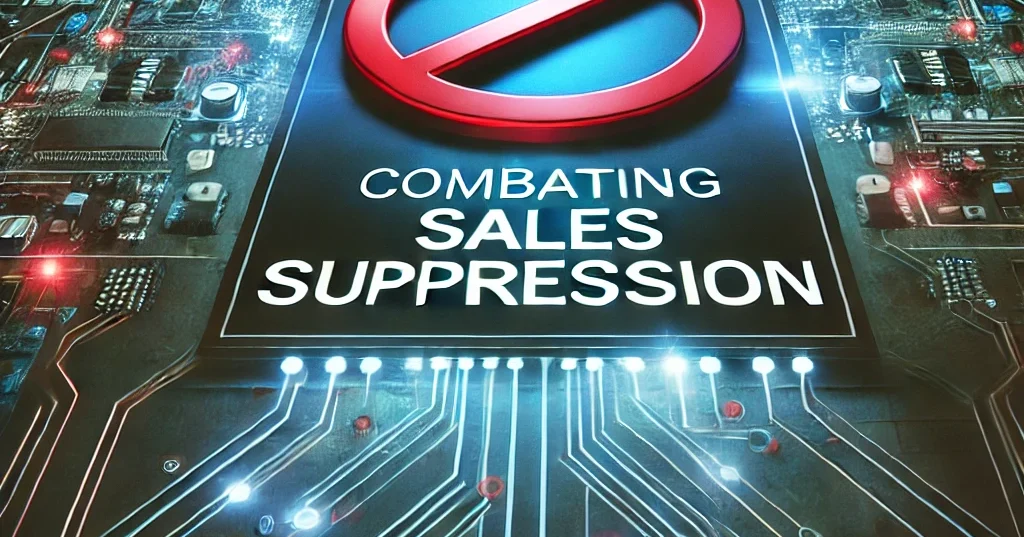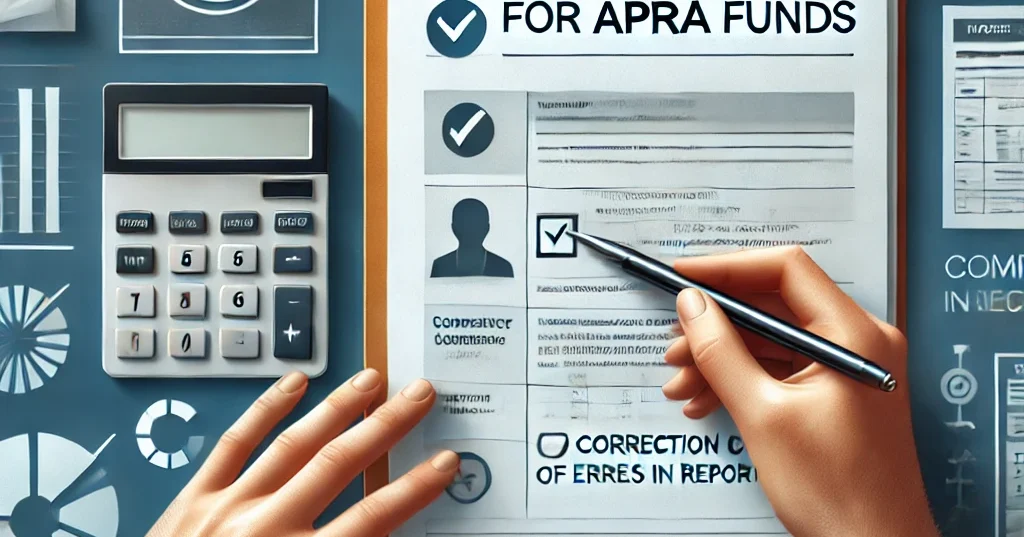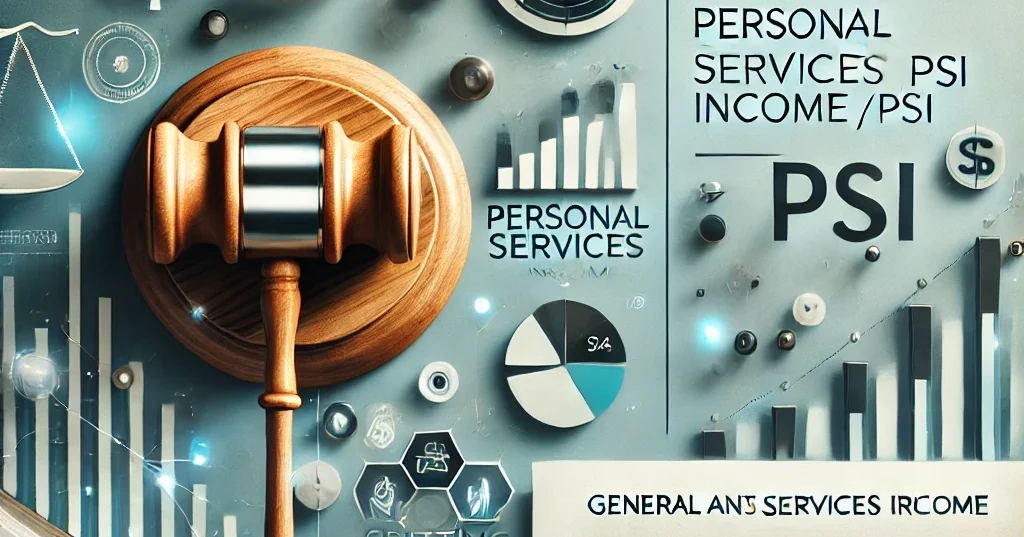The Government recently announced changes to repayments for the Higher Education Loan Program (‘HELP’) and other student loan schemes. It states that it is making the HELP and student loan repayment system ‘even fairer’ by changing the repayment system and increasing the amount people can earn before they are required to start repaying their loan. The minimum repayment threshold will change from $54,435 in the 2024/25 to $67,000 in 2025/26. The Government will also introduce a system where HELP repayments are calculated only on the income above the new $67,000 threshold rather than repayments being based on total annual income. “This new repayment system means that people will only have to make student loan repayments when they can afford to […]
We received several questions from attends about whether an SMSF that is 100% in person phase is still required to lodge a Trust Income Schedule with its 2024 SMSF Annual Return. We sought clarification on this issue from the ATO. Specifically, if an SMSF only has exempt current pension income (‘ECPI’) for the 2024 income year (i.e. the fund is 100% in pension phase), does it need to lodge a Trust Income Schedule with respect to trust distributions that it received during the year from a managed investment trust? Based on the Trust Income Schedule instructions (QC 101716) and the SMSF Return instructions 2024 (QC 101714), as the fund only has ECPI, it is not required to complete Section B[…]
ATO’s notice of government payments data-matching program The ATO will acquire government payments data from government entities which administer government programs for the 2024 to 2026 income years, matching data on government payments made to service providers against ATO records, including service provider identification details and payment transaction details. The ATO estimates that records relating to approximately 60,000 service providers will be obtained each financial year, including approximately 9,000 individuals, with the remainder consisting of companies, partnerships, trusts and government entities. ________________________________________________________________________________________________________________ FBT on plug-in hybrid electric vehicles From 1 April 2025, a plug-in hybrid electric vehicle (‘PHEV’) will not be considered a zero or low emissions vehicle under fringe benefits tax (‘FBT’) law and will not be eligible for[…]
Avoid a Tax Time Shock Individual taxpayers can take the following steps to ensure the correct amount of tax is being set aside throughout the year: Editor: If you would like to discuss or implement any of these steps and strategies in more detail, please feel free to contact our office. Reminder of September Quarter Superannuation Guarantee (‘SG’) Employers are reminded that employee super contributions for the 1 July 2024 to 30 September 2024 quarter must be received by the relevant super funds by 28 October 2024 to avoid being liable for the SG charge. myGovID Changing its Name to myID The digital identity app ‘myGovID’ will soon be changing its name to ‘myID’. While the name is changing, the[…]
How the Serious Financial Crime Taskforce is acting against electronic sales suppression tools. On this page Businesses Illegally Using ESSTs The Serious Financial Crime Taskforce (SFCT) is aware of businesses using electronic sales suppression tools (ESSTs) to underreport their taxable income. With the increased use of digital technologies and online interactions, we are seeing: It has been illegal to produce, supply, possess, use, or promote ESSTs in Australia since October 2018. Taskforce Warning The SFCT is providing a strong warning to businesses about ESSTs. We understand there are sophisticated networks of operators actively developing and marketing these tools to small business owners. They often package them as an “all-in-one complete business solution” with low commissions, website presence, and an online[…]
Read the latest information about our 2024 Public Groups findings reports. We’re continuing to provide transparency with the latest release of our findings reports. This year, our Public Groups findings reports provide insight into large market risks, our programs of work, and engagement with large public and multinational companies. Each report has a separate focus and dataset, detailing information identified through risk analysis and program activities. For the first time, we’re offering new analysis that highlights trends across all reports and their implications for the Public Group population. Summary of Findings Reportable Tax Position (RTP) Schedule Report The RTP Schedule report provides insights into key corporate tax risks in the large market. It includes aggregated disclosures made by large public[…]
Encourage your clients to check if they have any lost super to claim. The latest data reveals that since 2021, we’ve reunited or paid out almost $6.4 billion in ATO-held super. However, there is still almost $17.8 billion in lost super waiting for people to claim. If your clients have ever changed their name, job, or super fund, they could have lost super. Even finding a small amount of lost super could make a big difference to their final balance at retirement. Finding Lost Super Let your clients know that using ATO online to find lost super is easy and only takes a few minutes. They will need a myGov account linked to the ATO. Once they link their myGov[…]
When to make a voluntary disclosure As an Australian Prudential Regulation Authority (APRA) fund, you should contact ATO as early as possible if: How to make a voluntary disclosure You should lodge a voluntary disclosure request by accessing the Super Enquiry Service (SES) for APRA funds. They’ll work with you to resolve reporting errors to help you meet your obligations and protect member benefits. Disclosures can range from relatively routine matters to complex situations, such as systemic errors that have occurred over time. If you identify any material errors or omissions with the balances, contributions, or events reported, you need to amend reporting within 30 days of becoming aware of these errors or omissions. Information you need to provide When[…]
About the Phoenix Taskforce The Phoenix Taskforce was established in 2014 to detect, deter and disrupt illegal phoenixing. We provide education and advice on how businesses can protect themselves and not break the law. We also work with specific industries and supply chains to close off opportunities. Phoenix Taskforce agencies share information and use sophisticated data-matching tools to identify those promoting or engaging in illegal phoenix activity. We take action against phoenix operators by: The most serious cases are referred to the Serious Financial Crime Taskforce. There are civil and criminal offences for those who promote or engage in illegal phoenix activity. This includes penalties for removing assets to hide them from creditors when a company is wound up. ASIC[…]
Overview of general anti-avoidance rules This information is relevant to you if both of the following apply: The PSI rules were introduced to prevent the diverting, alienating, or splitting of income with other individuals or entities in an attempt to pay less tax. The general anti-avoidance rules (GAAR) may still apply if you are a PSB and the PSI rules don’t apply. For the GAAR to apply to your arrangement, there must be a sole or dominant purpose to obtain a tax benefit. When the GAAR may apply The GAAR may apply where there are factors indicating that the dominant purpose of the arrangement is to obtain a tax benefit by diverting, alienating, or splitting your PSI or retaining profits in[…]
















